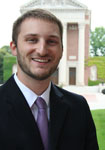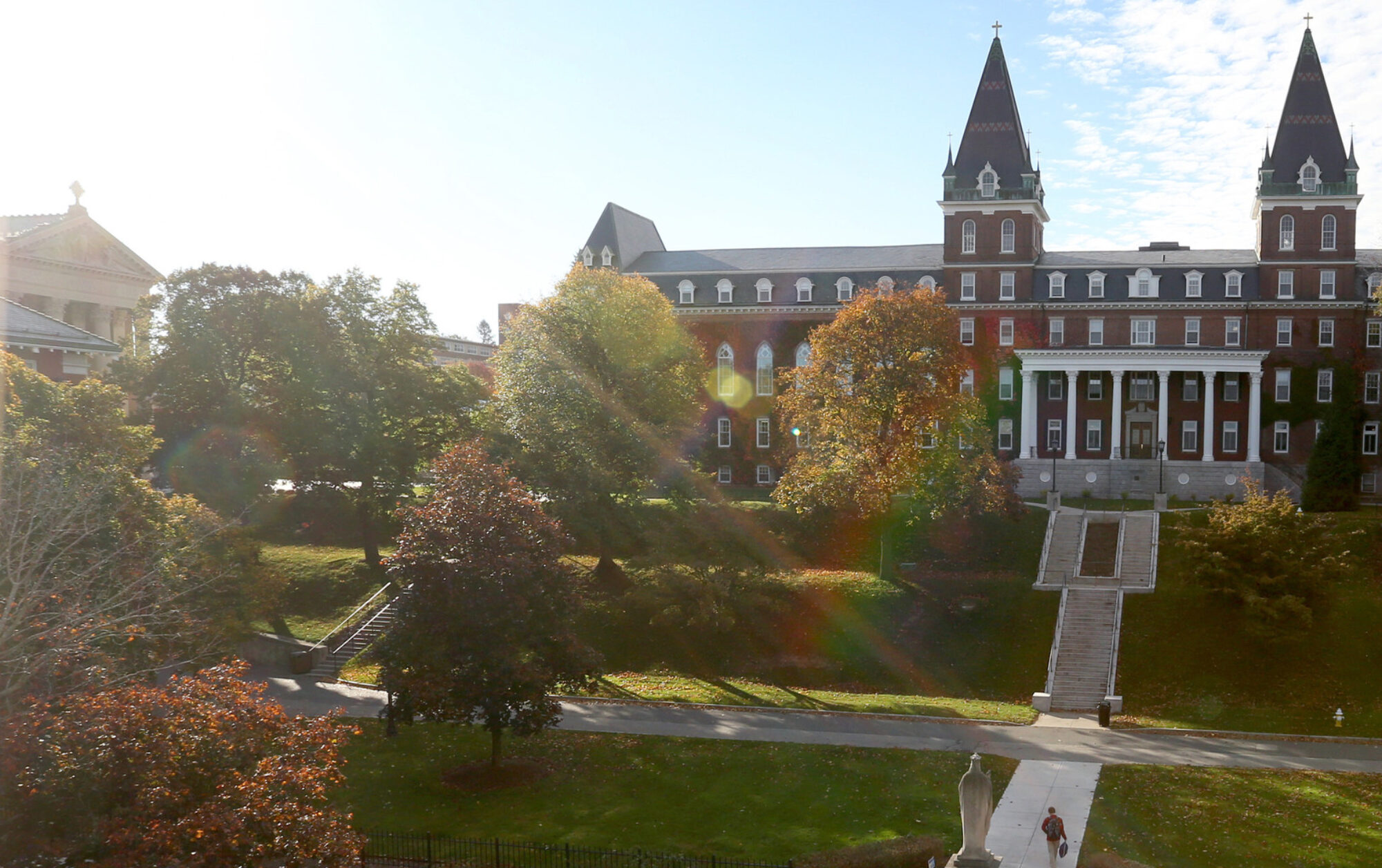 Rev. Anthony Kuzniewski, S.J., a man I am proud to call a friend, a mentor, and my former history professor, once enlightened me as to the values of a liberal arts education through a vivid vignette.
Rev. Anthony Kuzniewski, S.J., a man I am proud to call a friend, a mentor, and my former history professor, once enlightened me as to the values of a liberal arts education through a vivid vignette.
On a recent visit to the Missouri Botanical Gardens, I was reminded of Fr. Kuzniewski’s vignette and thought I would attempt to pass it along to anyone who is willing to read on. I will note that there is no substitute for the way “Fr. K” (as his students affectionately call him) communicates the message:
Two educated individuals set out on a walk to their respective cabins in the woods on a misty morning. The first individual sets out on the well-worn path and quickly spots his cabin in the distance. He lowers his head to shield his eyes from the cold mist and barrels toward the front door knowing that a warm fire, dry clothes, and an afternoon of leisure (consisting of video games, Netflix, and naps) await him.
The second individual (educated in the liberal arts) sets out on the same path several minutes later. While he is walking, he notices and identifies fresh white-tailed deer tracks stretching across the path. His understanding is further developed when he notices that the leaves of the goldenrod that frame the path have been nibbled and several willow bushes along the direction of the tracks have been stripped of their buds from knee height to eye level. Peeking past the vegetation and down the banking, he spots a deer bowing her head to drink from a brook that has provided the soothing soundtrack to his morning walk. He makes a mental note to research the flow of the brook when he reaches the cabin. He has a strong suspicion that it may contribute to a nearby river which powered his town’s namesake textile mill during the Industrial Revolution. The man eventually makes his way back to the path and arrives at the cabin where he is greeted by the same warm fire and dry clothes as the first individual.
Both men reached their goal of shelter and sustenance, but their paths, while technically the same, were fundamentally different. An education founded in the liberal arts nourishes inquisitive, open minds that embrace challenge, seek a deeper understanding of life (both its blessings and problems), and find value not only in knowledge, but also in the path to knowledge.
To summarize with an over-used cliché: For a student educated in the liberal arts, it an essential part of everyday life to “stop and smell the roses,” and that is just what I did at the Missouri Botanical Garden.
Dan Weagle ‘08
Assistant Director of Admissions

